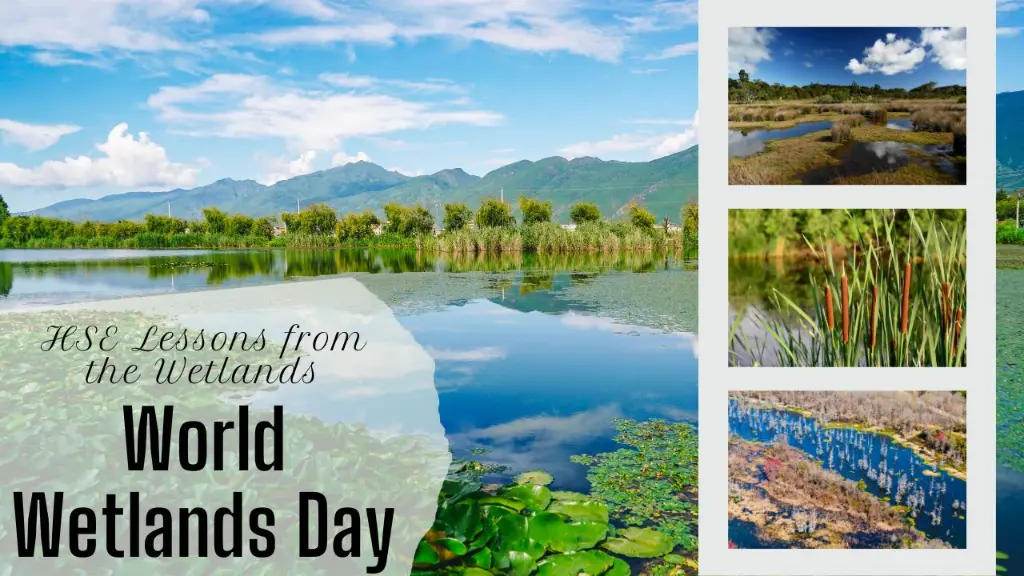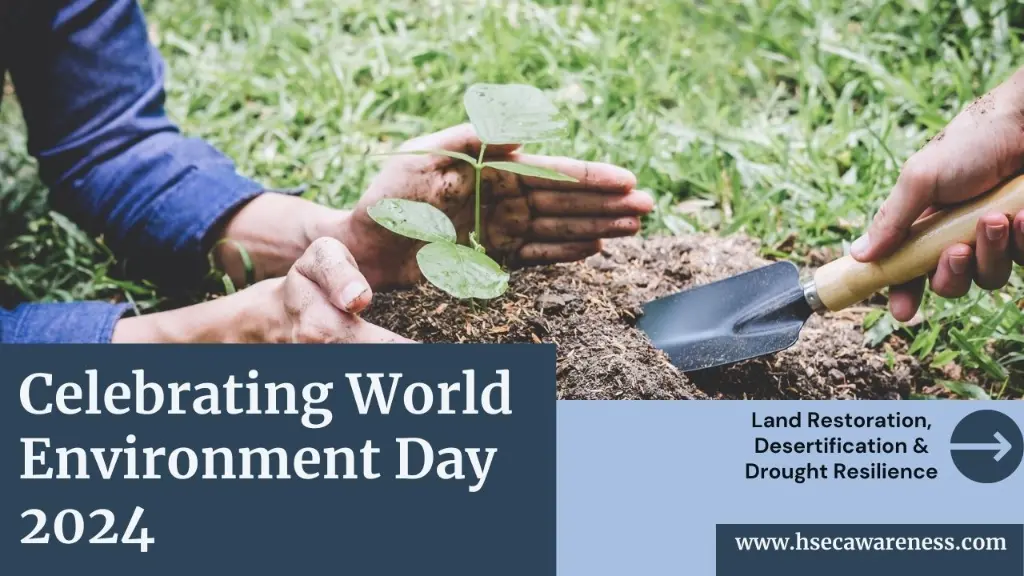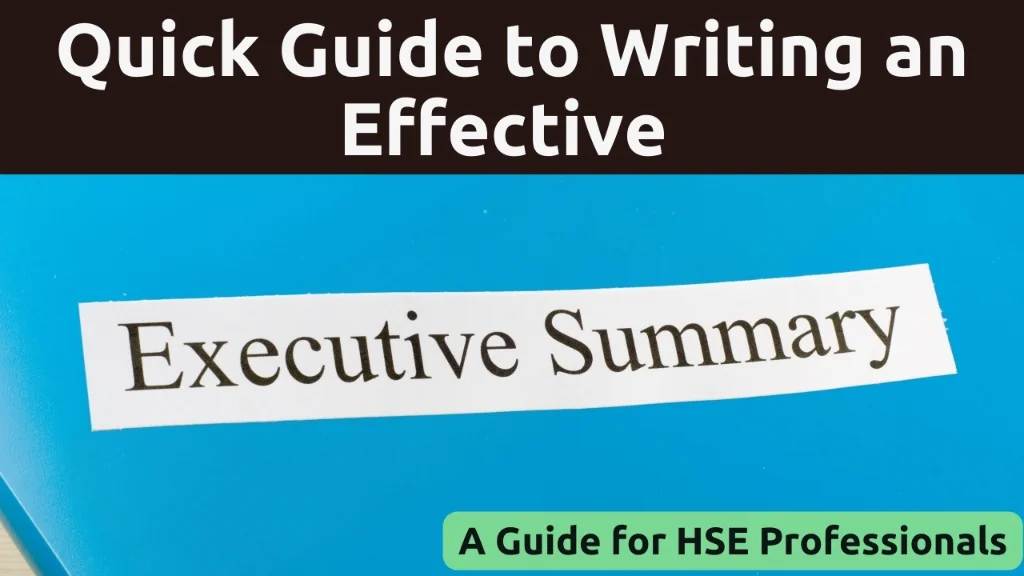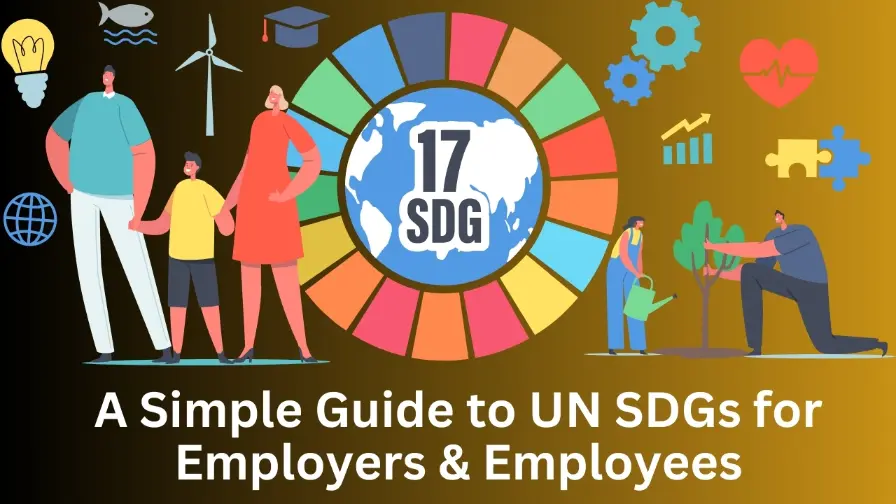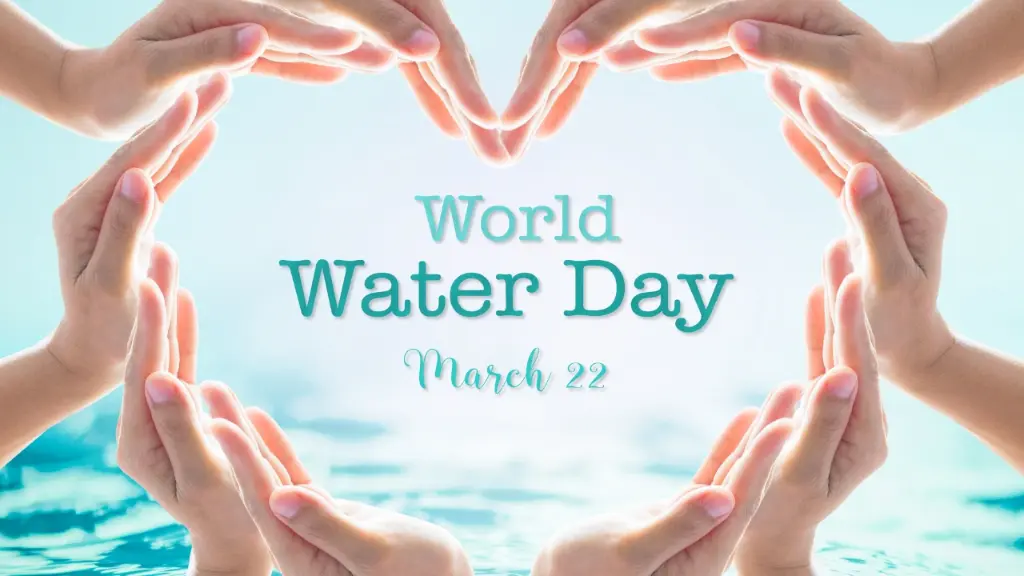Dive into the fascinating world of wetlands on World Wetlands Day 2024! This blog for HSE Professionals explores what wetlands are, their importance, how they can inspire safety practices and ways to implement their lessons in the workplace.
1. Introduction of World Wetlands Day 2024:
Every year, on February 2nd, the world comes together to celebrate World Wetlands Day. This observance is not just another item on the calendar; it holds profound significance for our planet’s health, biodiversity, and sustainability.
Now, you might be thinking, “Wetlands? What’s that got to do with HSE?”
As Health, Safety and Environment (HSE) professionals, understanding the importance of events like World Wetlands Day can greatly enhance our ability to create safer and more sustainable workplaces.
In this blog post, we will delve into the purpose, importance, and history of World Wetlands Day and explore how HSE professionals can leverage its learnings for better practices in their workplaces.
2. What are Wetlands?
Wetlands are areas where the land is covered by water, either permanently or seasonally. They’re like nature’s sponges, soaking up water like a sponge does with liquid.
Some examples of different types of wetlands are:
2.1 Inland Wetlands:
Marshes, lakes, rivers, floodplains, peatlands and swamps etc.

2.2 Coastal Wetlands:
Saltwater marshes, estuaries, mangroves, lagoons and coral reefs etc.
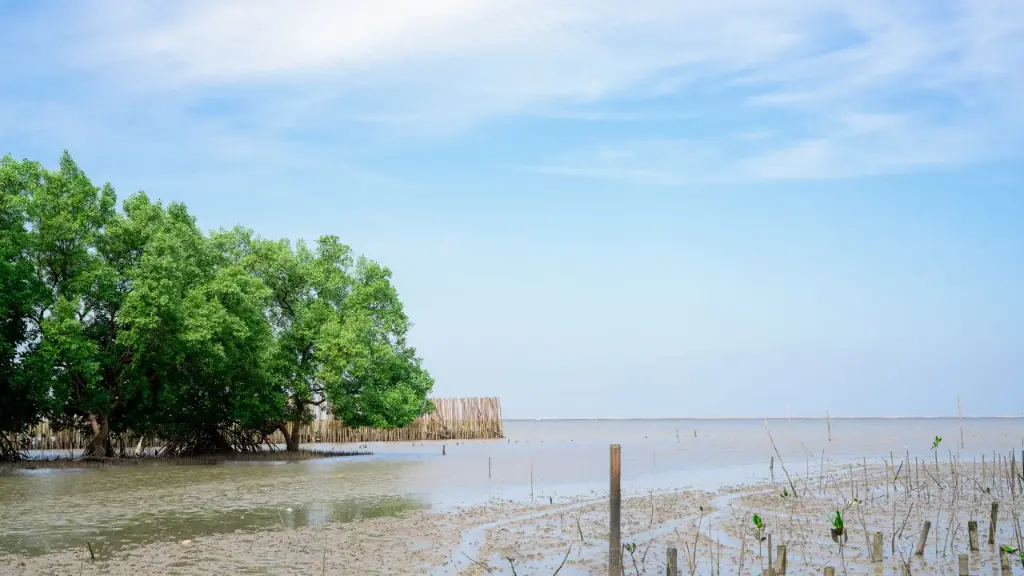
2.3 Human-made Wetlands:
Fish ponds, rice paddies and salt pans etc.
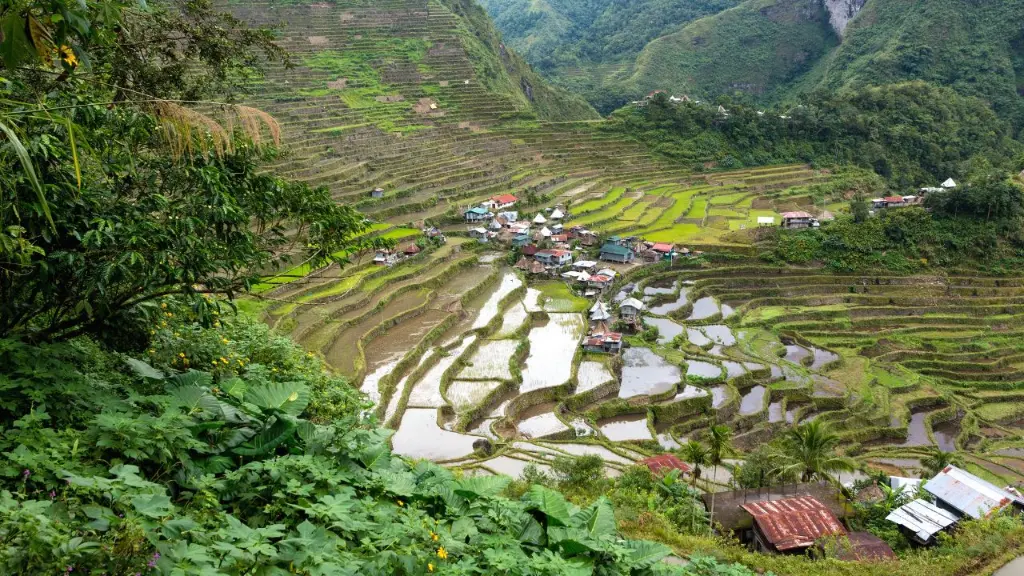
3. How do Wetlands work?
Imagine you have a sponge. When you pour water on it, the sponge absorbs the water, right? Wetlands do something similar. When it rains a lot, or when there’s a flood, wetlands soak up the extra water like a giant sponge. This helps prevent flooding in nearby areas.
But that’s not all they do. Wetlands also act like natural filters. Just like how a filter cleans your water pitcher, wetlands clean and purify water. They remove pollutants and harmful stuff from the water, making it cleaner and safer for plants, animals and people.
Moreover, wetlands hold an important place for wildlife. They are like a residence or home for various animals and plants. Such as : Birds, fish, frogs and even some rare plants thrive in wetlands. By providing habitat for these creatures, wetlands support biodiversity, which is important for maintaining a healthy ecosystem.
4. Why do We celebrate World Wetlands Day:
World Wetlands Day aims to raise awareness about the vital role wetlands play in our ecosystem and the importance of conserving and protecting them.
5. History of World Wetlands Day:
World Wetlands Day commemorates the signing of the Ramsar Convention on Wetlands on February 2nd, 1971, in Ramsar, Iran.
The Ramsar Convention is an international treaty aimed at promoting the conservation and wise use of wetlands worldwide. Since its inception, the convention has gained global recognition, with over 170 countries becoming contracting parties.
Each year, World Wetlands Day adopts a different theme to highlight specific aspects of wetland conservation and management.
6. What is the Theme of World Wetlands Day 2024:
The Theme of World Wetlands Day 2024 is “Wetlands and Human Wellbeing”. It is about the interconnectedness between wetlands and various aspects of human health.
7. Importance of Wetlands:
Understanding the significance of wetlands is crucial for HSE professionals as they intersect with various aspects of workplace safety and environmental management. Here are some key reasons why wetlands matter:
7.1 Flood Control:
Wetlands act as natural sponges, absorbing and storing excess water during heavy rainfall or storms, thereby reducing the risk of flooding in adjacent areas.
7.2 Water Quality:
Wetlands play a vital role in purifying water by filtering out pollutants and excess nutrients before they reach rivers, lakes, and groundwater sources.
7.3 Biodiversity Conservation:
Wetlands support a rich diversity of plant and animal species, many of which are endangered or threatened.
7.4 Climate Change:
They store carbon dioxide, helping mitigate the effects of climate change.
8. HSE Lessons from the Wetlands:
As HSE professionals, we are all about preventing hazards and protecting our people and environment. We can derive several important lessons from the principles underlying World Wetlands Day:
8.1 Integrated Approach:
Just as wetland conservation requires a holistic and integrated approach involving multiple stakeholders; HSE management in workplaces also benefits from interdisciplinary collaboration and engagement with employees, regulators, and communities.
8.2 Risk Management:
Wetlands are masters of natural hazard mitigation. They absorb floodwaters, filter pollutants and stabilize coastlines. By studying their resilience, we can learn how to better manage risks in our workplaces, from identifying and controlling hazards to implementing effective emergency response plans.
8.3 Resource Conservation:
Wetlands are champions of resource efficiency, using water and nutrients with incredible precision. This inspires us to adopt sustainability practices in our workplaces, from reducing waste and energy consumption to promoting recycling and responsible material management.
8.4 Biodiversity:
Wetlands support a rich diversity of plant and animal species, many of which are endangered or threatened. Each member plays a crucial role in the ecosystem’s health. This reminds us of the importance of maintaining biodiversity in our workplaces, fostering an inclusive environment where everyone feels valued and respected.
8.5 Sustainable Practices:
World Wetlands Day underscores the importance of balancing conservation efforts with sustainable use of natural resources. HSE professionals can promote sustainable practices such as resource efficiency, waste reduction and renewable energy adoption to minimize environmental impacts while ensuring business continuity.
8.6 Flood Control & Management:
As HSE professionals we can learn from the Wetlands on the effective management of flood and prepare flood risk management plans in industrial facilities or in our workplaces. We can incorporate nature-based solutions inspired by wetlands to mitigate flood hazards.
8.7 Pollution prevention:
We can learn from wetlands’ natural filtration systems to minimize pollution in our workplace. Investing in efficient waste management, air/water treatment, and responsible chemical storage means a healthy environment for everyone!
9. What Action Can We in our Workplace:
So, how can we, as HSE professionals, translate these learnings from wetlands into action? Here are some ideas:
9.1 Organize awareness campaigns:
Educate your colleagues about the importance of wetlands through talks, workshops, or even wetland field trips (if possible)!
9.2 Promote sustainable practices:
Encourage water conservation, waste reduction, and energy efficiency initiatives in your workplace.
9.3 Support wetland conservation projects:
Partner with local environmental organizations or volunteer for wetland restoration activities.
9.4 Incorporate wetland principles into safety procedures:
Look for ways to adapt the resilience and resourcefulness of wetlands to your specific hazard prevention and risk management strategies. When assessing potential hazards, consider the impact on nearby wetlands and how their health might affect safety.
10. Conclusion:
World Wetlands Day serves as a reminder of the interconnectedness between environmental conservation, biodiversity, and human well-being. As HSE professionals, integrating the principles of wetland conservation into our workplace practices can contribute to safer, healthier, and more sustainable work environments.
Let us celebrate World Wetlands Day not just as a day of awareness, but as an opportunity to reflect on our collective responsibility to protect and preserve the precious ecosystems that sustain life on Earth.
For future updates, suggestion and discussion, please connect with us on Facebook, Twitter & Linkedin.
Click the link to read more topics on 2024 Calendar and Important Days for HSE Professionals.
